
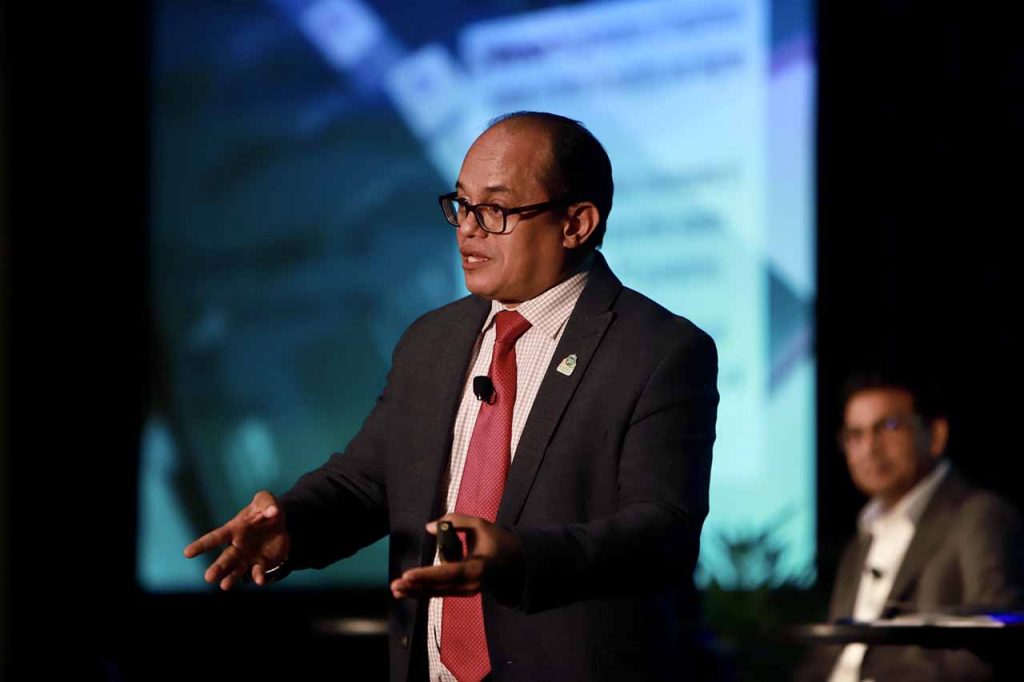
Rolph Payet, executive secretary of the Basel, Rotterdam and Stockholm conventions, speaks at the Plastics Recycling Conference and Trade Show. | Plastics Recycling Conference/Brian Adams Photography
Scrap plastic exporters should closely monitor policy changes in the countries they sell to as the global community prepares to enact more aggressive shipment requirements, according to the top staff member for the Basel Convention.
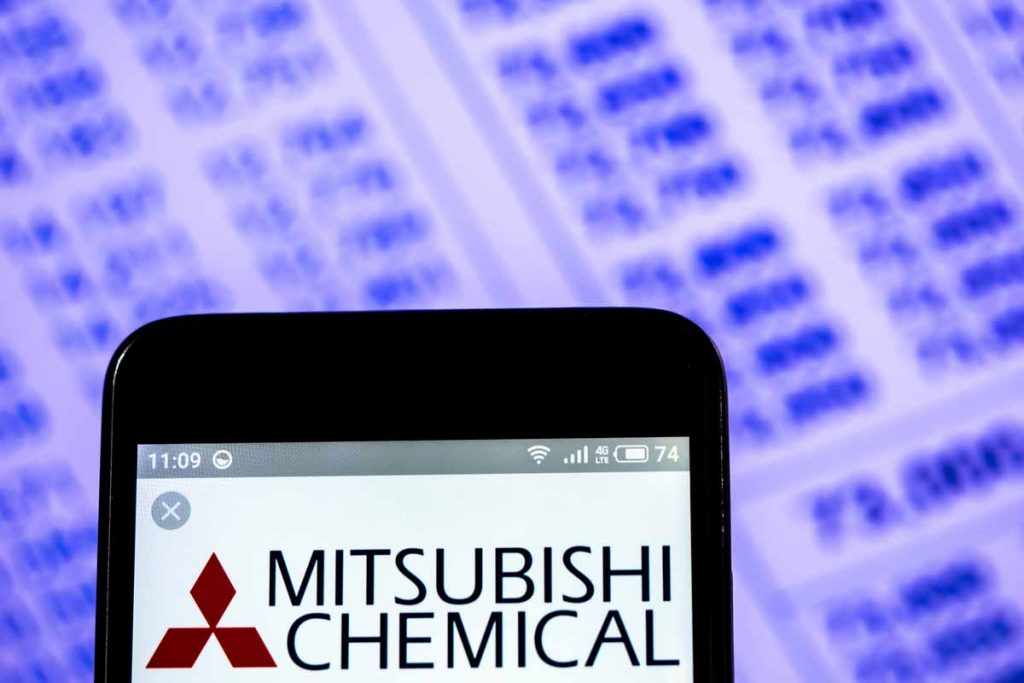
Mitsubishi described the acquisition as part of its plan to implement a variety of sustainability initiatives by 2030. | IgorGolovniov/Shutterstock
Mitsubishi Chemical Corporation has purchased two European plastics recycling companies focusing on engineered plastics, bringing supply of these recycled resins in-house.

Holli Alexander of Eastman Chemical said collection unknowns are part of the current chemical recycling landscape. | Plastics Recycling Conference / Brian Adams Photography
Last year, e-scrap processor RecycleForce announced it would send e-plastics to Brightmark Energy for conversion into fuel, oil and wax products. Brightmark was one of several companies that participated in a recent workshop about technologies broadly known as “chemical recycling.”
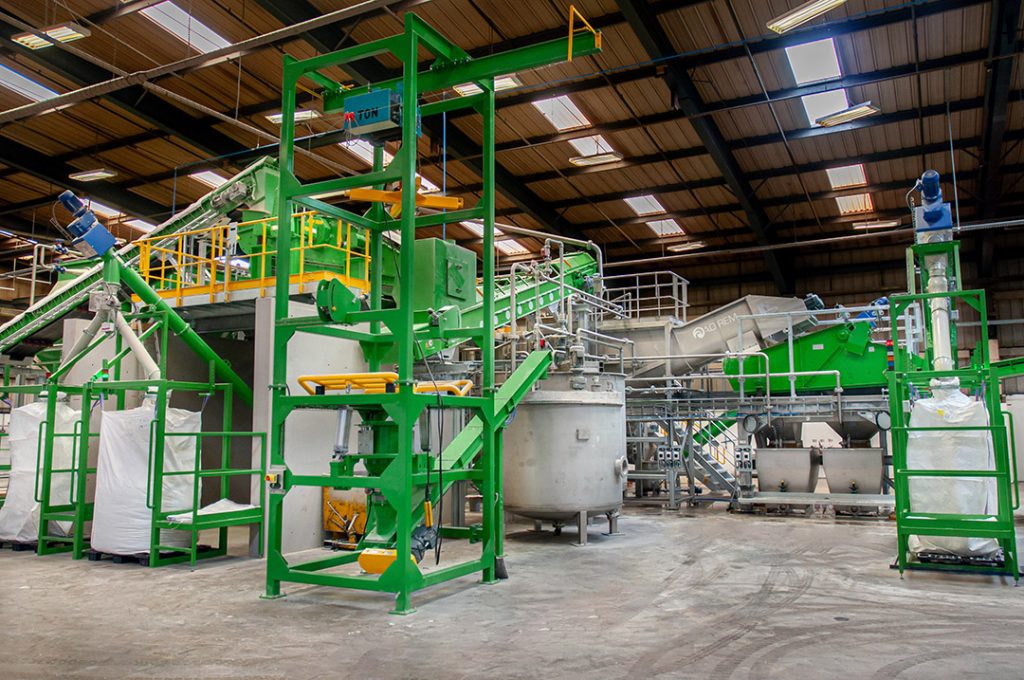
Courtesy of Ad Rem.
A processing line now operational in the U.K. recycles plastics from refrigerators by modifying the density of water and leveraging electrostatic separation.
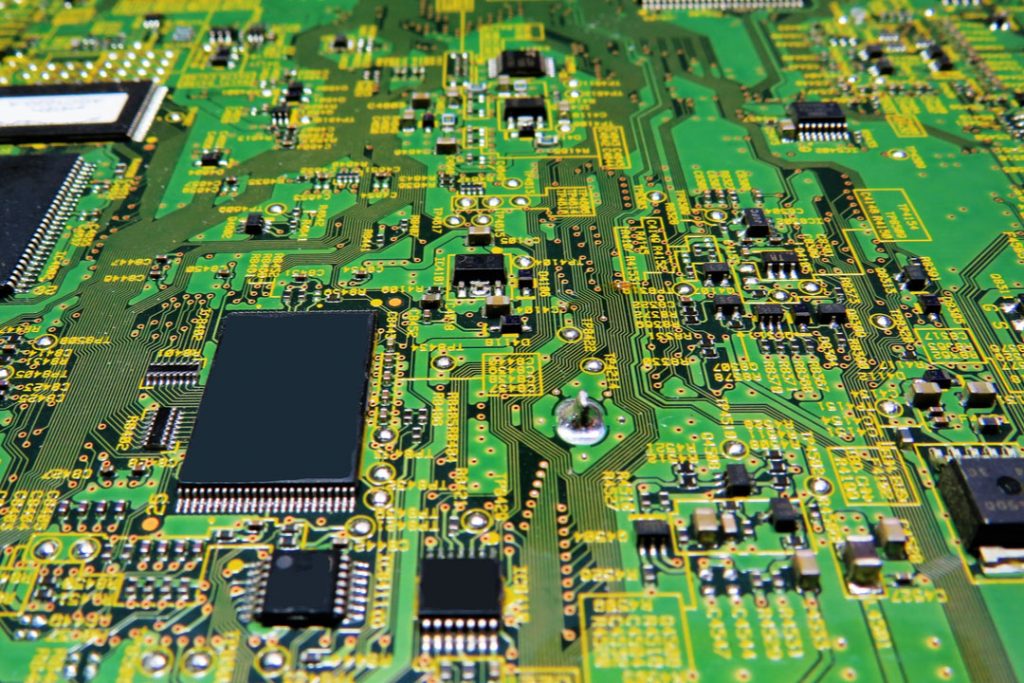
Printed circuit boards are made of roughly 30% metal and 70% nonmetals. | Sebastian_Photography/Shutterstock
Scientists who set their sights on potentially hazardous chemicals in scrap electronics say they can effectively break down the flame retardants in shredded circuit boards.

In April, the Chinese government will enact new requirements for pellet imports. | Piyathep/Shutterstock
Officials in Beijing are set to enact new requirements around the purity of recycled plastic pellets imported into China, which could disrupt international markets for U.S. e-plastics.
Continue Reading
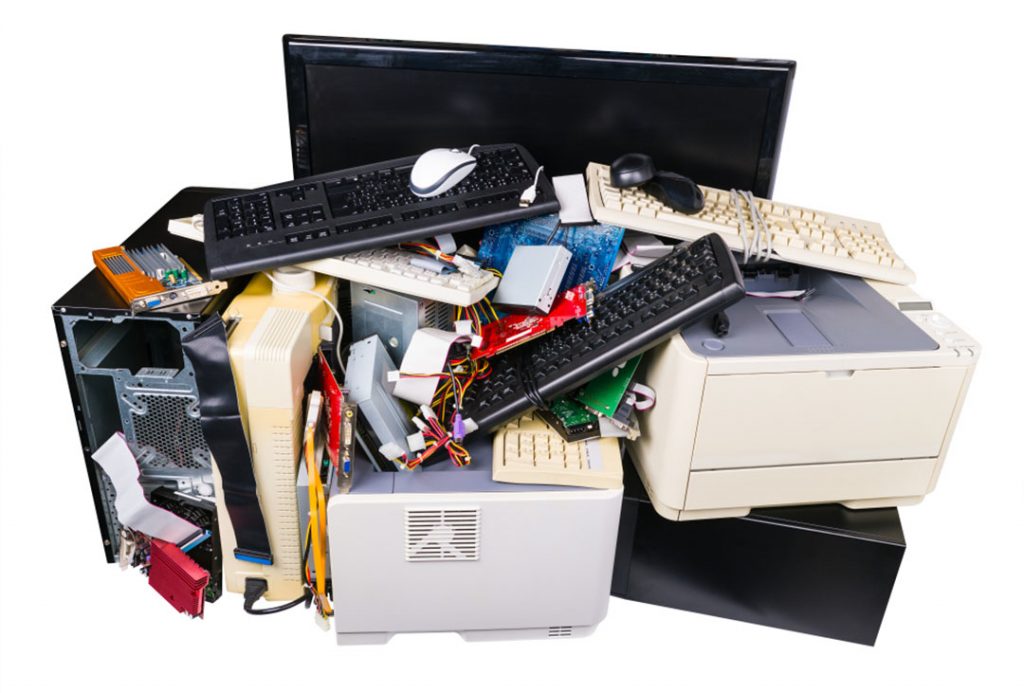
The development of a new domestic e-plastics outlet comes at a time of market turbulence for the low-value materials. | KPixMining/Shutterstock
An Indiana plastics processing operation will consume roughly 40 million pounds of plastic from e-scrap and other products annually. Brightmark Energy plans to start up the facility in mid-2020.
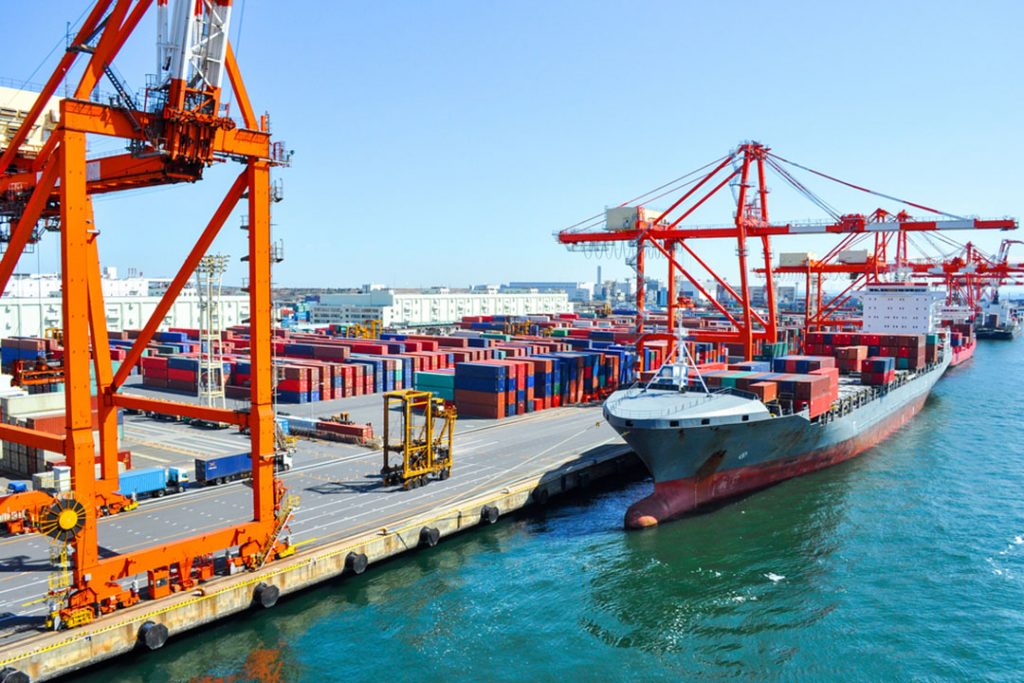
U.S. e-scrap processors and brokers say they’re currently able to move e-plastics. | Alexey Lesik/Shutterstock
Asia remains the destination for many plastics recovered from electronics. But as buyers relocate from China to other countries, prices are down and quality and volume are increasingly critical factors.
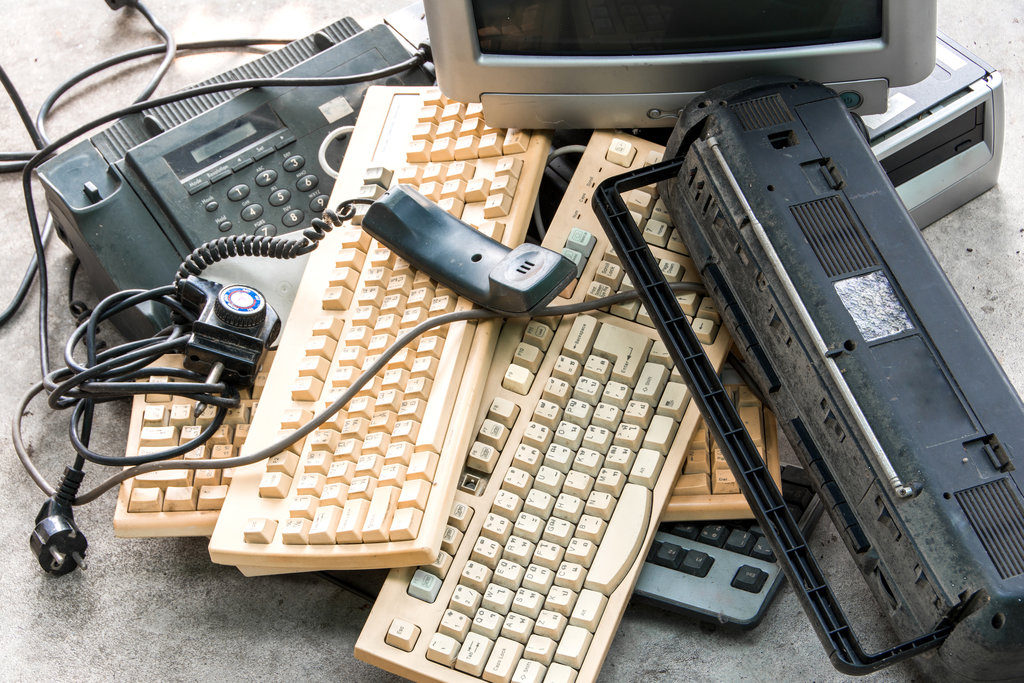
E-plastics have been heavily impacted by market shifts in the past two years. | myibean/Shutterstock
A European effort is calling on consumers to push manufacturers into using recycled plastic in new electronics as a way to build end markets for the challenging material.
